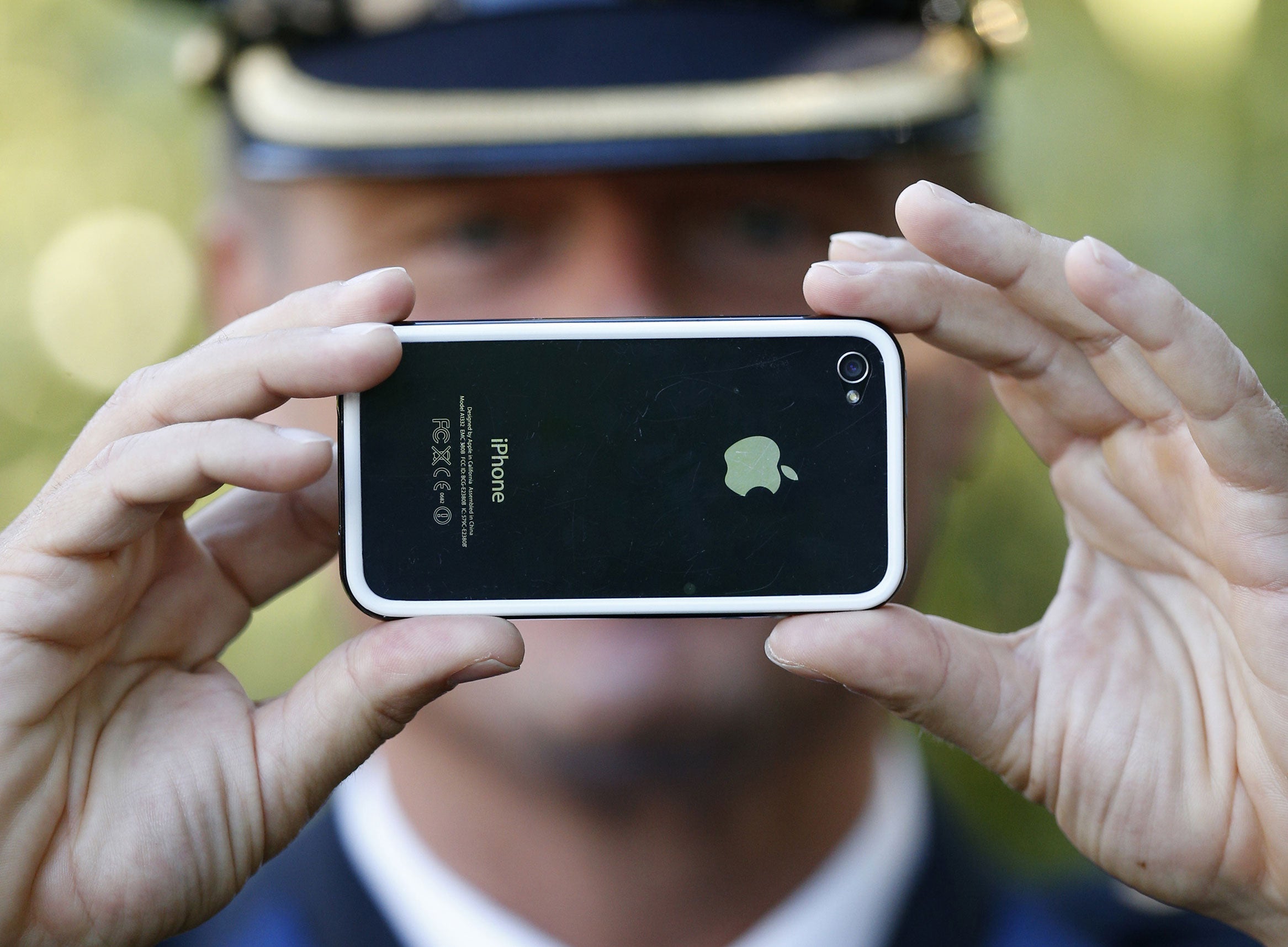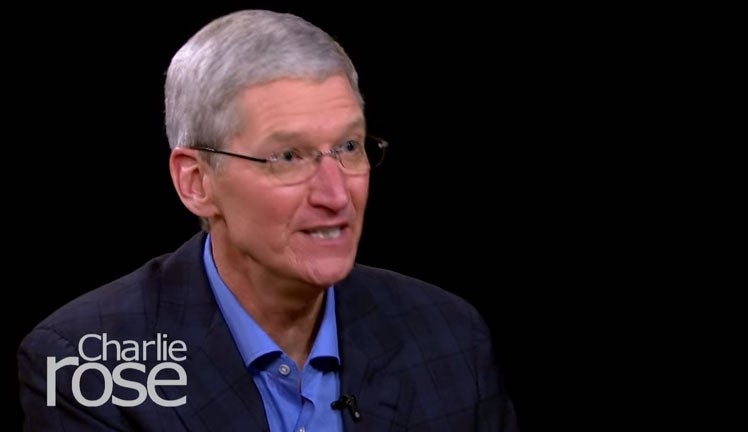The Independent's journalism is supported by our readers. When you purchase through links on our site, we may earn commission.
iOS 8 update will make it impossible for police to scrape data off your iPhone - Apple
New protocol puts control in users hands as CEO Tim Cook slams rivals, saying: 'When an service is free, you’re not the customer. You’re the product.'

Apple is introducing new privacy measures for iPhones and iPads that will make it impossible for law enforcement to extract customers’ personal data– even if they have a warrant.
As part of a recent push to assure customers that their data is safe, the company has reconfigured its encryption standards for iOS 8 (a software update released yesterday) that essentially deprives it of the ability to comply to with requests in the first place.
“Unlike our competitors, Apple cannot bypass your passcode and therefore cannot access this data,” explains the company on its website. “So it's not technically feasible for us to respond to government warrants for the extraction of this data from devices in their possession running iOS 8.”
However, this protection requires that users set up a passcode - typically a four-digit PIN. These are notoriously unsecure, with Apple calculating that it would take law enforcement less than seven minutes to guess a four digit number using typical 'brute force' attacks.
Users can choose to use a longer alphanumeric passcode instead (a six-character alternative with both letters and numbers would take more than five years to crack) but many don't, simply because of the inconvenience of having to enter it regularly.
In addition Apple is also still legally required to hand over any data located in iCloud, the company’s digital backup service that often stores copies of messages, photos, music and video. (Again, iOS users can check what information is available on iCloud through the Settings app.)
Apple’s changes have been welcomed by privacy advocates, with Christopher Soghoian of the American Civil Liberties Union telling the Washington Post that it was a “great move” that put customer’s privacy first but would upset a lot of law enforcement officials.

On Twitter, Mr Soghoian called on other companies to follow Apple's lead: “Google has 300+ people on their security team, some of the best in the industry," he tweeted. "Google could make amazing, surveillance-resistant products."
Ronald T. Hosko, the former head of the FBI crime investigation unit, told the same paper that the move was “problematic” and would further diminish the ability of the police to collect key evidence.
Apple has been on the offensive in the past few weeks , attempting to distinguish itself from its competitors as well as calm consumer fears after hackers infiltrated celebrities’ iCloud accounts, most likely using a combination of brute-force and phishing attacks to guess and steal their passwords.
Apple CEO Tim Cook said earlier this week that Apple did not wish to become a “treasure trove” of data for the National Security Agency (NSA) and that unlike other tech companies, the iPhone-maker’s business model was based on selling phones, not collecting users’ information.
“Our business model is very straightforward,” wrote Mr Cook in an open letter. “We sell great products. We don’t build a profile based on your email content or web browsing habits to sell to advertisers. We don’t “monetize” the information you store on your iPhone or in iCloud. And we don’t read your email or your messages to get information to market to you."
Join our commenting forum
Join thought-provoking conversations, follow other Independent readers and see their replies
Comments
Bookmark popover
Removed from bookmarks